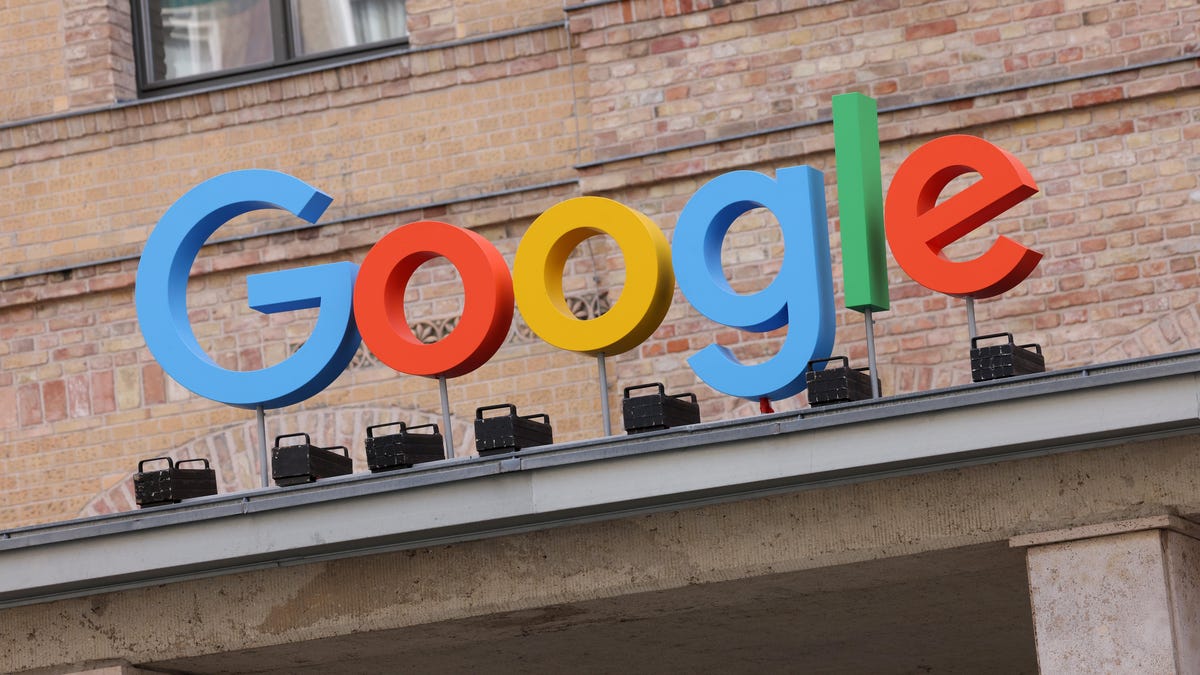Starting tomorrow (Sep. 12), Google, the world’s leading search engine, must demonstrate that it is not abusing its dominant position in the industry to harm its competitors. In October 2020, the US Department of Justice (DoJ) filed a civil antitrust lawsuit against Google for monopolizing search and search advertising. The attorneys general of 35 states, the District of Columbia, Puerto Rico, and Guam later filed a separate complaint, which has now been merged with the DoJ case.
During the anticipated 10-week trial, Google’s “exclusive dealing arrangements” with Apple and Samsung will be examined, as well as its practice of preloading its services on Android devices. However, Google is not automatically considered in violation of antitrust laws simply because it holds a near-monopoly on the search market. According to Judge Amit Mehta of the US District Court for the District of Columbia, Google must engage in conduct that stifles competition in order to be deemed unlawful.
In a opinion released on Aug. 3, Judge Mehta dismissed certain allegations against Google, including a major claim that the company manipulated its search engine design to favor its own products over competitors like Amazon, OpenTable, Expedia, and eBay. Google insists that its partners choose its search engine based on the quality of its services and consumer preferences.
Google faces relief as the scope of the lawsuit has been narrowed, but it still has to prove its case in court. In a statement by Kent Walker, Google’s president of global affairs, he argues that the lawsuit overlooks the intense competition and dynamism of the technology industry. Walker cites advancements in artificial intelligence (AI) seen across the industry and the growing success of competitors like Microsoft, Amazon, and Apple in digital advertising. He further emphasizes that Google continues to invest in research and development (R&D) and regularly improves its search services to provide users with the most helpful results.
Additionally, Google highlights that there are alternative ways to find information on the internet. Users may look for recommendations on social media platforms such as TikTok, Reddit, or Instagram, find music and podcasts on Spotify, ask questions using AI-powered services like ChatGPT, or shop on Amazon. Google argues that browser and device manufacturers have the option to choose other search engines and points out that agreements with phone makers are voluntary.
Google contends that consumers actively choose to use its search engine, even when other options are available. For example, users consistently reset their default search engine to Google on Mozilla’s Firefox browser, and “google” is the most popular search query on Microsoft’s Bing search engine. Google disputes the Department of Justice’s claim that users have no choice, asserting that people are aware of their options and make choices accordingly.
It has been almost two decades since federal regulators confronted a major technology giant in a comprehensive manner. The last significant antitrust trial involving a tech monopoly was in 1998 when Microsoft faced allegations of running an anti-competitive monopoly in the personal computer (PC) market. The case accused Microsoft of bundling its Internet Explorer browser into the Windows operating system, thereby harming a rival browser publisher, Netscape. Prior to this, in 1969, IBM faced a similar complaint from the US government regarding its exclusionary practices to maintain its monopoly position in the general-purpose digital computer industry.
The outcome of the current trial against Google will also shape the future of the tech industry, particularly as artificial intelligence (AI) becomes more prominent. Even if Google is found guilty, it could still appeal, just as Microsoft did in 2000 to reverse a court order that would have split the company in two.
To illustrate the scale of Google’s dominance, it retains around 90% of search engine traffic, with Bing accounting for only 6%. Google pays an estimated $20 billion annually to Apple to be the default search engine on Safari, demonstrating the value of being the default choice. However, users do have the ability to change their default search engine in browsers like Safari, and it only takes two clicks to do so. Similarly, on Android devices, the Google search widget can be removed with just two taps.
In addition to the ongoing antitrust case against Google for its search practices, the company is also facing allegations related to its online advertising technology. The trial for this case is scheduled to take place in March next year.
As Google prepares to defend itself against antitrust allegations, it is worth noting that the outcome of this case will not only impact the company itself but also shape the future of the tech industry and competition in the digital space.
Denial of responsibility! Vigour Times is an automatic aggregator of Global media. In each content, the hyperlink to the primary source is specified. All trademarks belong to their rightful owners, and all materials to their authors. For any complaint, please reach us at – [email protected]. We will take necessary action within 24 hours.


